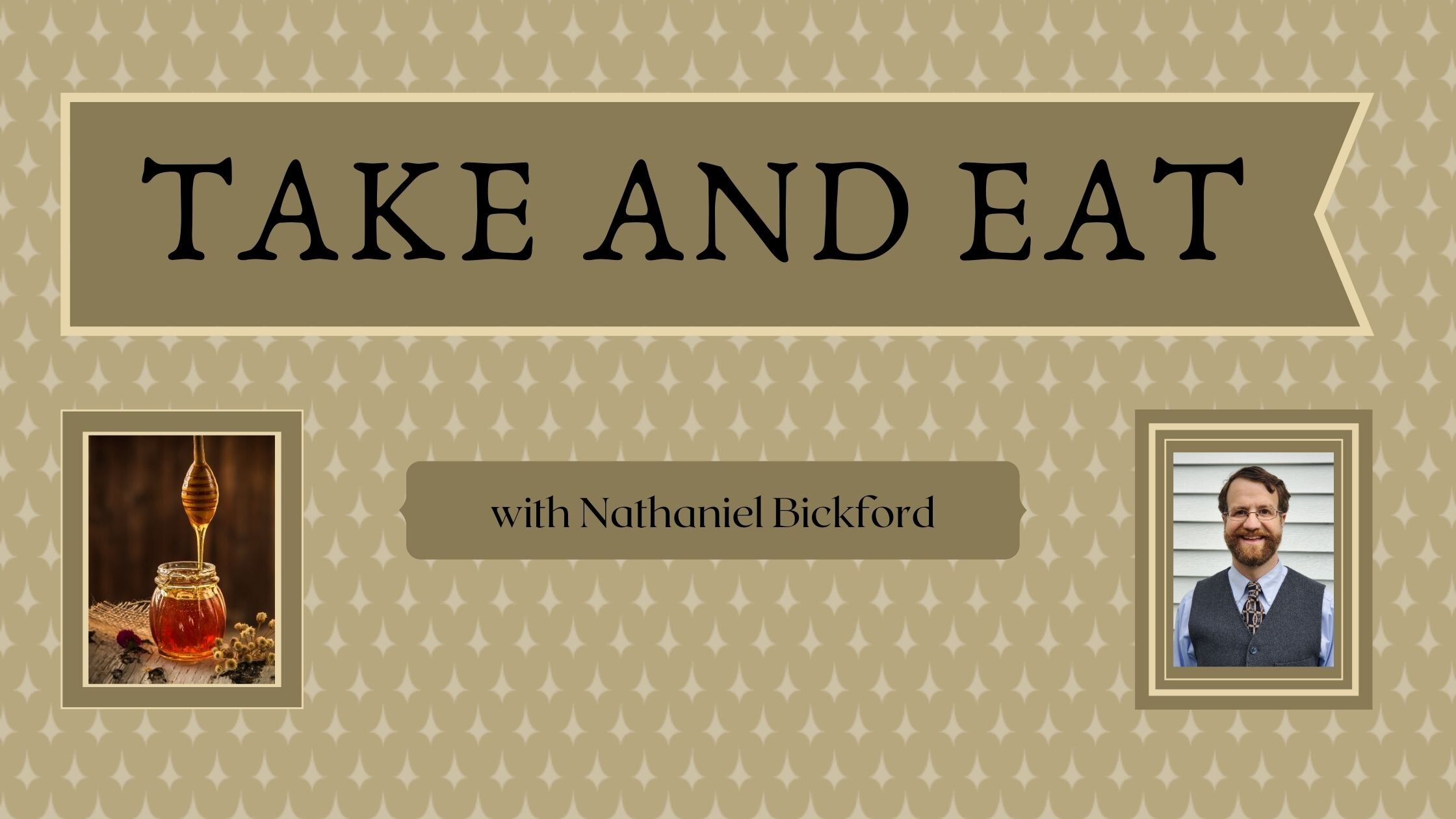
The last article ended with a call for us to put everything on the table. If we are going to do that, then we need to understand exactly what we are as a denomination. The purpose of this article is to help us do that, but perhaps not in the way you would expect. Generally, when the question “what are we?” is asked, the answers revolve around common beliefs or relationships. But I want us to look at our structure, and particularly how our churches relate to one another and to the levels of our denomination, orienting what we are in relation to other types of denominational structure. Let’s begin, then, with an overview of the options.
At the 2023 Triennial Convention, there was much discussion about restructuring our denomination. Particularly through a panel discussion, and many follow-up conversations, it became clear that most people within the Advent Christian denomination see a need for some amount of change. Yet, there was a lot of disagreement on what type of change needs to happen. This article is the first in a series, that will be published over the course of a few (or perhaps many) months, that will focus primarily on a biblical-theological look at the needs and changes we face.
There is a joke that I have heard and, admittedly, said, many times within our denomination: “The primary qualification for any board position is saying yes.” It is certainly in jest, but often stems from the frequent frustration caused by the difficulties of finding candidates for our many board positions.
Some time ago an article was brought to my attention that charges modern Bible translation with changing the meaning of the original text of the Bible. These questions, of course, come up from time to time. There are often those, from inside and outside of the church, who question translation accuracy in order to support a particular agenda. The problem for many Christians is that we generally do not know the original languages. So when one of these challenges arises, it can cause us to question not only the teaching of our own church, but the very teaching of the Bible itself. And so, I have written this article to reassure you that yes, our modern Bible translations are accurate to the original languages.
Over the past couple of months I have been preaching through Paul’s letter to the Philippians. If you have read this letter yourself, you will likely remember Paul’s repeated theme: rejoice always. Each Sunday we have been in Philippians I have asked the congregation to repeat those words in order that we might firmly cement this basic instruction into our minds. This is incredibly valuable for us since we live in a broken world, surrounded by, and experiencing ourselves, sin, suffering, pain, sorrow, and hardship, among the many other trials of this world. The joy Paul talks about, of course, is not a denial of these things. It is a joy that transcends the sufferings of this world, that enables us to embrace our suffering and say, “Yes, I suffer now, but Christ will carry me through, and one day all will be made right.”
Today is election day. And it is an unusually important one in the eyes of many. If you look to either end of the political spectrum, you will quickly hear that this election will determine if our democratic-republic stands or falls. Worse yet, many claim that the fate of our entire planet rests on this day and on who is elected as the next president of the United States of America. There are concerns of political unrest, and, in some places, threats have even been made against people who may vote for the “unfavorable” candidate.
“Take and eat.” This simple statement conjures up a host of thoughts and feelings for most of us. The first thought that comes to my mind is food, obviously. I enjoy food. It is a wonderful gift from God. It is currently fall here in the North Country of New Hampshire and to me that means apples and pumpkins. Applesauce. Cider. Pie. Every fall these things bring a little extra joy to my life. And this joy should point us to our very good God.
A couple of years ago, a Christian man desired to make a compelling TV series based on the Gospels. His desire, as I understand it, was to write and produce a show that Christians would want to watch: clean, wholesome, and with good story telling. Fast forward to 2020 and that show is a reality.
Over the past few months we have all had a lot to think about. Few people alive today had experienced a global pandemic prior to this year. This is a new experience across the board…
For the past 150 or so years there has been an ongoing debate as to whether we should collectively affirm the historic doctrine of the Trinity. On one hand, it has been argued that the Trinity is part of the foundation of Christian belief and is, in one sense or another, an essential aspect of salvation by grace, through Faith in Christ alone. On the other hand, others have argued that it is merely a construct of the Roman Catholic church, a late addition to Christian belief, an extra-biblical teaching, or even an anti-biblical teaching. This has, it seems, prevented this denomination from fully joining together in Christian unity. And although in recent weeks these arguments have been brought forth anew as we together consider whether we should adopt the NAE statement of faith as our own, there has yet to be an argument set forth publically for or against the Trinity based on the Biblical evidence. It is, therefore, my intent to show the reader that the Trinity is an essential and biblical doctrine.




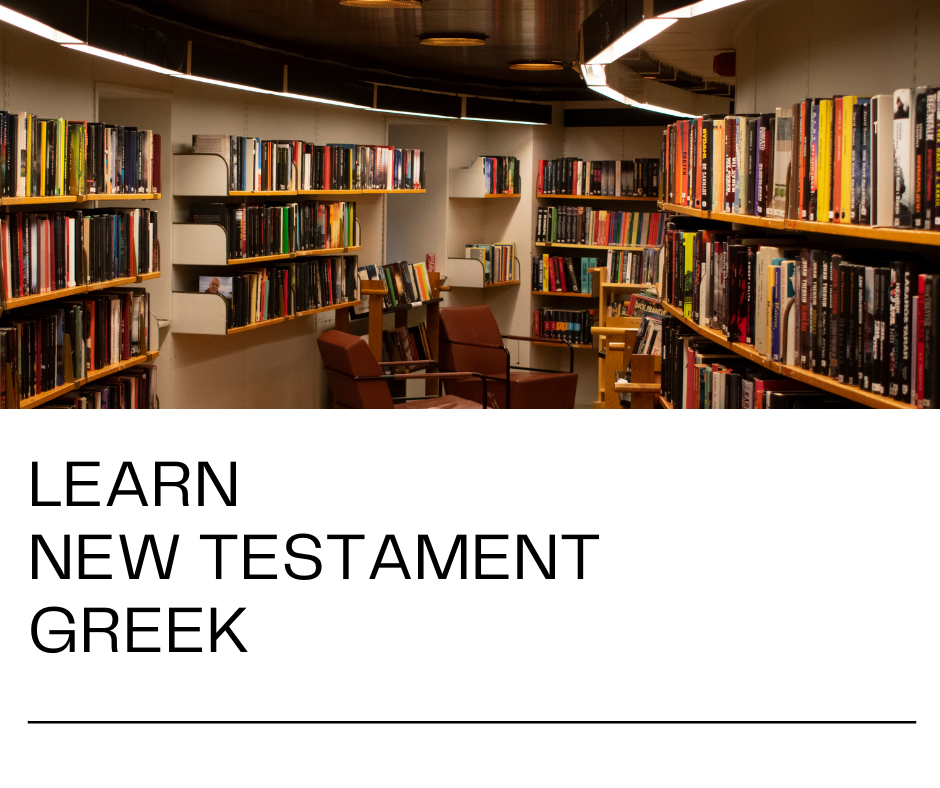
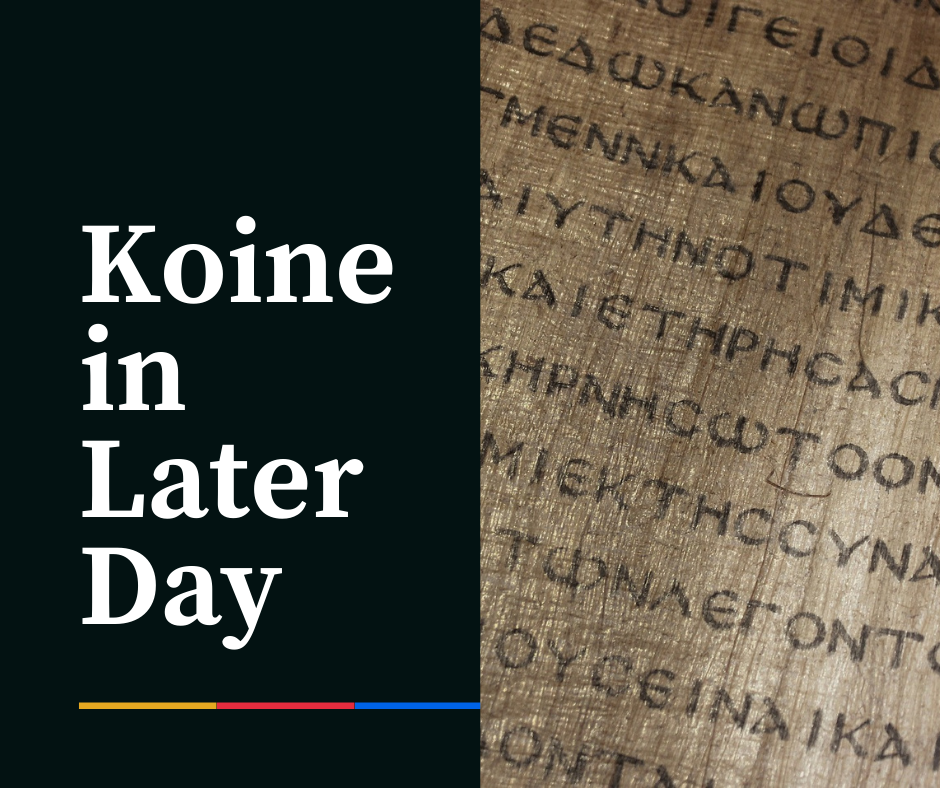

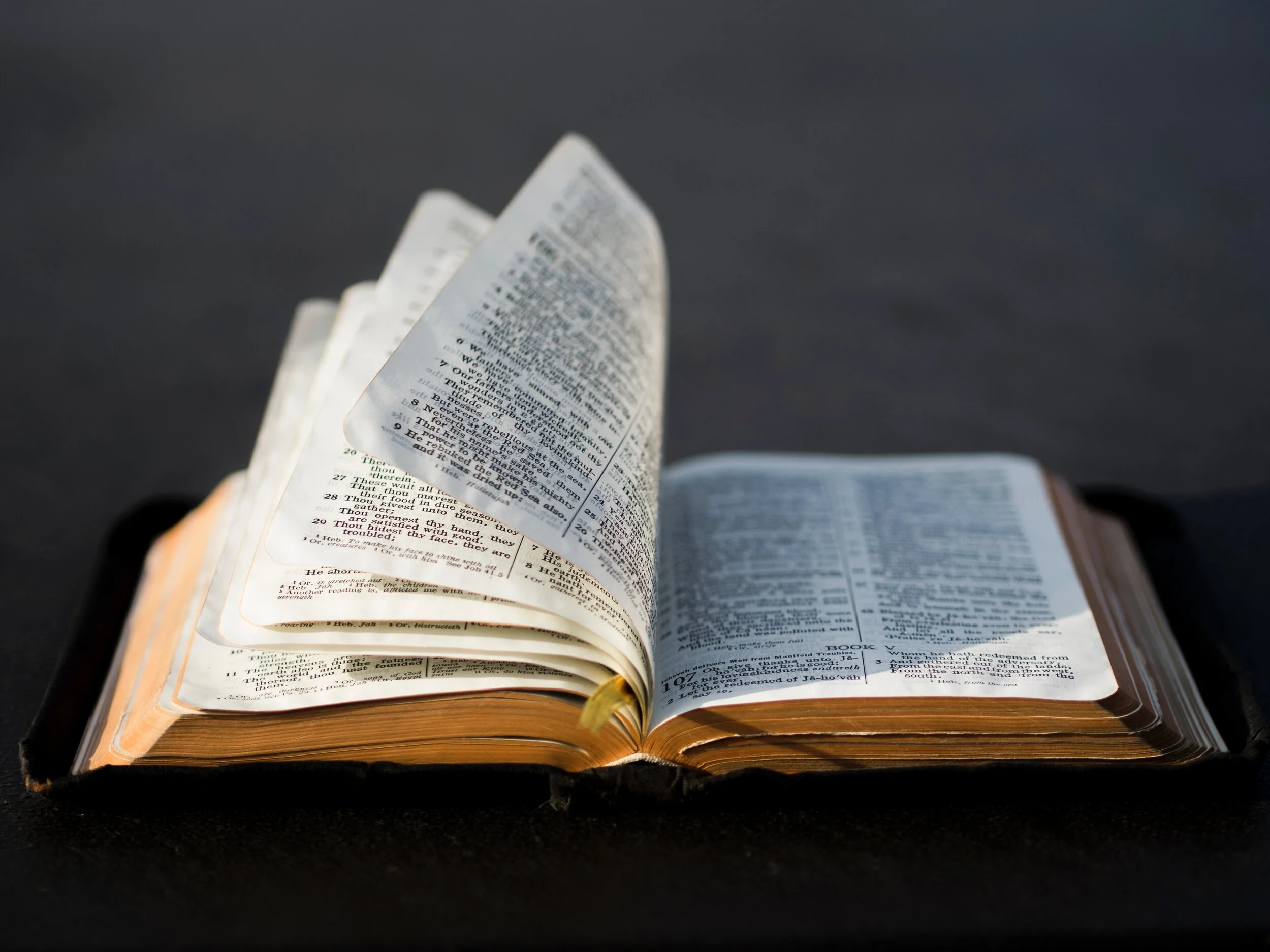





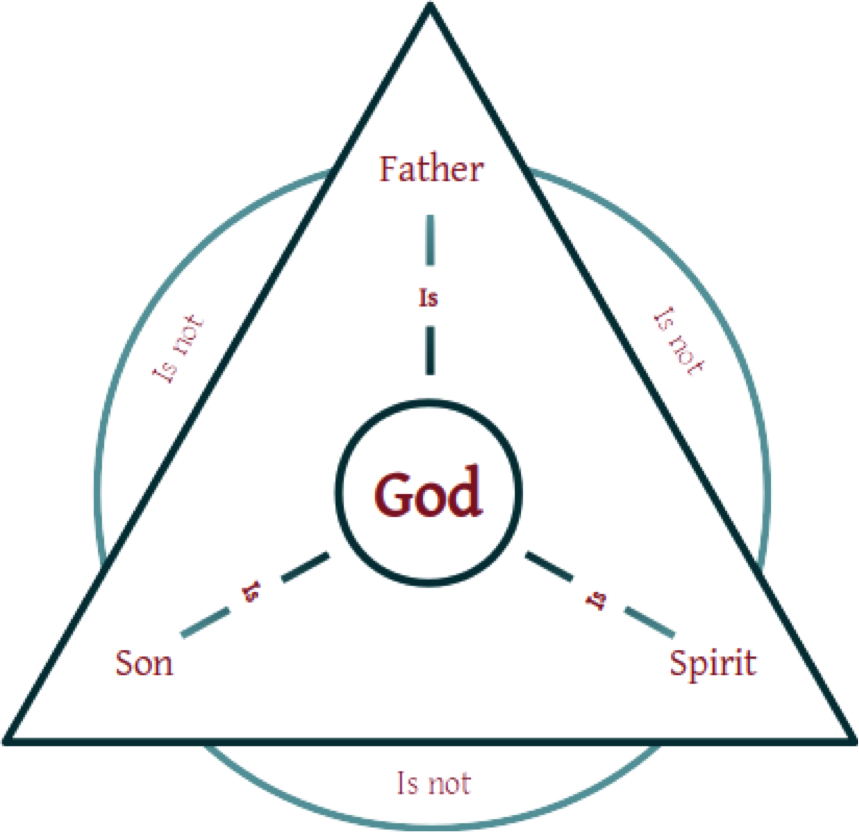
After more than three years of editorial work, Nathaniel Bickford (General Editor), Lou Going (Contributing Editor), and Erik Reynolds (Contributing Editor) are excited to introduce to you a new confession of faith in the tradition of the historic confessions of faith of the Protestant Reformation. The Whitefield Declaration of Faith (WDF), named after the town where two of the editors have pastored, is a reformed, credo-baptist, conditionalist confession in the tradition of the Westminster Confession of Faith, Savoy Declaration of Faith and Order (our starting document), and the London Baptist Confession of Faith.